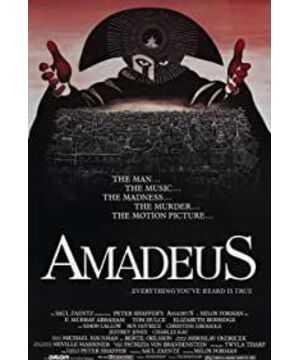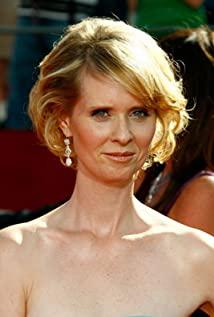1. Europe and its music in the industrial age
If we must use the dotted lines of various milestones to describe the industrial age of Europe, the 400 years from the 16th to the 19th century are undoubtedly the rapid development of European music, so much that it is now called classical music. Basically from that era. Among them, the 18th and 19th centuries were the most brilliant. Mozart is a man of the 18th century. Although he was born in 1756, he died before the end of the 18th century because of his short life. In Europe in his time, especially in Central Europe, music was the darling of the aristocracy, and it was also an era when music moved from aristocratic gatherings to folk. There are three types of scenes in Mozart's life in this film that reflect the characteristics of this era: playing and composing for aristocrats such as bishops and emperors, teaching music (mainly piano) to the daughter of a rich man (I don't know why there is no son), and playing music in a concert hall. Operas were performed for nobles and commoners.
The film also vaguely reveals some backgrounds of the times other than music, such as the contradiction between the Habsburg royal family in Vienna and the Cardinal of Salzburg, the national consciousness of the Austrians (German opera) and so on.
The year Mozart was born, the Seven Years' War broke out in Europe. It was a war without losers, but after all, the threat to Austria from Frederick the Great's Prussia was eliminated. During the reign of Emperor Joseph II of Austria (1765-1790) in the film, it was a brief period of peace in Europe (Poland, which was divided up by Austria, Russia and Russia, was the only victim), so Mozart was able to travel around under the leadership of his father. nations, and spent the last ten years in Vienna, where dance and music flourished. Shortly after Mozart's death, the Napoleonic era in Europe came, and the idea of freedom gave birth to the romantic music school represented by Beethoven and Schubert, and in the turbulent century that followed, in the form of nationalism and national music school spread all over Europe.
2. Mozart's talent
In just 30 years, countless works have been created, of which at least three or four hundred are still called classics in classical music. As said in the film, whether out of love or poverty, Mozart worked and composed music all day long. There is no limit to creativity. For some people, composition is a process of repeated deliberation and pondering, while Mozart seems to be doing "dictation" when composing, just recording the score already in his head, "there is no modification on the draft". Although there are many rumors about his early death (only 35 years old), and he did not see his creative exhaustion until his death, perhaps being too diligent in creation and poor management of life is still very harmful to his health. The early death of geniuses highlights the tragedy of geniuses, as are geniuses and prodigies who died early, as well as Mendelssohn (38) and Schubert (31).
3. Biography of the people in the film
Although Mozart has only 35 years to write, this film still only selects the last ten years after he moved from Salzburg to Vienna. During this decade, two men and one woman had a crucial influence on his creation and life: the court commander Salieri, who is said to have poisoned Mozart because of jealousy, the film chose "jealousy" and used more Dramatic and shocking "killing method": Accelerating Mozart's "death from overwork" with the creation of Requiem; father, always Mozart's greatest pressure, Salieri used his mask to induce (and force) Mozart to The last effort was devoted to writing "Requiem" (in fact, it was still unfinished in the end); his wife Stanzi, "mourning his misfortune and hating him indisputably", became an accomplice to the death of his beloved husband for living expenses.
In addition to "Requiem", Mozart's works with more ink in the film also include "The Marriage of Figaro", but it does not well reflect the necessity of the preparations made in the creation of this work in the play. And "Don Juan" as Mozart's memorial to his father's death is well written.
View more about Amadeus reviews











